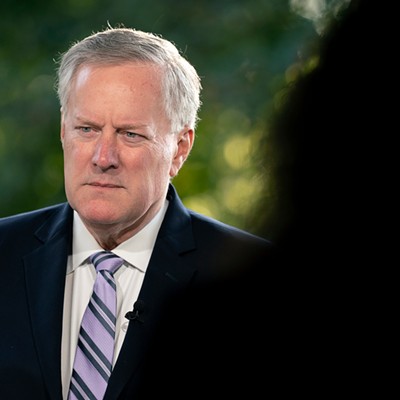
By BENEDICT CAREY and ROBERT GEBELOFF
© 2018 New York Times News Service
Victoria Toline would hunch over the kitchen table, steady her hands and draw a bead of liquid from a vial with a small dropper. It was a delicate operation that had become a daily routine — extracting ever tinier doses of the antidepressant she had taken for three years, on and off, and was desperately trying to quit.
Long-term use of antidepressants is surging in the United States, according to a new analysis of federal data by The New York Times. Some 15.5 million Americans have been taking the medications for at least five years. The rate has almost doubled since 2010, and more than tripled since 2000.
Nearly 25 million adults, like Toline, have been on antidepressants for at least two years, a 60 percent increase since 2010. Overall, more than 34.4 million adults took antidepressants in 2013-14, up from 13.4 million in the 1999-2000 survey.
The drugs have helped millions of people ease depression and anxiety. Many, perhaps most, people stop the medications without significant trouble. But the rise in longtime use is also the result of an unanticipated problem: Many who try to quit say they cannot because of withdrawal symptoms they were never warned about.
Withdrawal has never been a focus of drugmakers or government regulators, who felt antidepressants could not be addictive and did far more good than harm. The drugs initially were approved for short-term use, following studies typically lasting about two months. Even today, there is little data about their effects on people taking them for years.
“Most people are put on these drugs in primary care, after a very brief visit and without clear symptoms of clinical depression,” said Dr. Allen Frances, a professor emeritus of psychiatry at Duke University. “Usually there’s improvement, and often it’s based on the passage of time or placebo effect. But the patient and doctor don’t know this and give the antidepressant credit it doesn’t deserve.”
In a recent survey of 250 long-term users of psychiatric drugs — most commonly antidepressants — about half who wound down their prescriptions rated the withdrawal as severe. Nearly half who tried to quit could not do so because of these symptoms.
Most doctors agree that a subset of users benefit from a lifetime prescription, but disagree over how large the group is. “What you see is the number of long-term users just piling up year after year,” said Dr. Mark Olfson, a professor of psychiatry at Columbia University.















